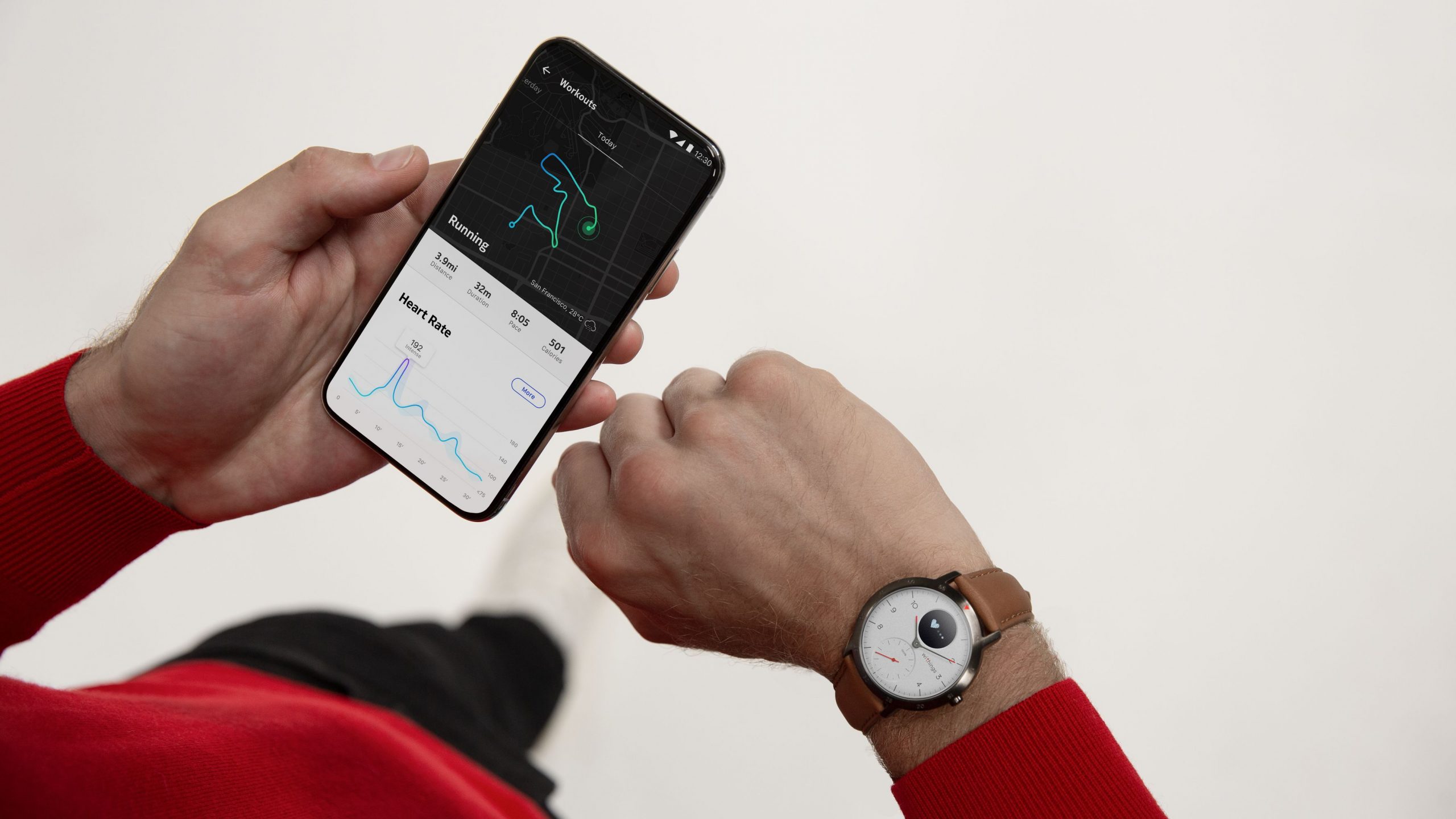
Does working out on an empty stomach help you shred fat more effectively? Read on to find out more.
In recent years, we’ve seen a bit of buzz from trainers and celebrities around “fasted workouts,” a strategic training method that encourages carbohydrate loading after exercise, rather than before. We looked into whether fasted workouts can help you burn calories more effectively.
What is a fasted workout?
The idea behind a fasted workout is simple. Basically, it’s the theory that exercising in a fasted state—that is, working out on an empty stomach—can increase aerobic capacity and fat utilization, helping you lose more weight than you would otherwise.
Fasted workouts are linked to the concept of intermittent fasting (IF) that’s become increasingly popular over the past few years. For a slight twist on the standard intermittent fasting diet, check out our article on the 5:2 diet.
According to proponents of this training method, fasted workouts are effective because of two key body mechanisms: improved insulin sensitivity and stimulated growth hormone (GH). Improved insulin sensitivity improves your blood flow to muscles and helps you lose weight more easily, while increased GH enables you to make new muscle tissue and burn fat.
Logically, it sounds like it should work, right? Get up, drink some water, hit the treadmill, and shred fat at a faster rate than you would have done if you’d stopped for breakfast before your morning cardio. But is it backed up by science? Let’s take a closer look.
How effective are fasted workouts?
The research on fasted workouts seems to go in different directions. However, there are plenty of studies that support fasting before your morning cardio. According to research from Northumberland University, people can burn up to 20% more body fat if they exercise without a morning meal. This might indicate that doing your workout in a fasted state is the best option for people who are trying to lose weight.
A study from the University of Bath came to similar conclusions. They found that—after a period of exercise—there were considerable differences in calorie loss and blood sugar levels between men who skipped breakfast and men who ate a morning meal. The study also found that some of the genes associated with metabolic health were significantly more active when subjects fasted before exercise, which might imply that the health benefits of exercise can be exacerbated by fasting.
Is there anything wrong with fasted workouts?
Now, before you get too excited, it’s important to remember that there have been other less-enthusiastic studies on the impact of fasted workouts. After exploring the calorie loss that 12 healthy men experienced after a 60-minute bike ride, a recent study suggested that you can burn more calories by eating breakfast before exercise than if you fast beforehand. And that’s not all. A study published in 2011 argued that people who ate a small breakfast before working out were able to burn more calories, with breakfast increasing their oxygen consumption and respiratory-exchange ratio significantly.
Most tellingly, a meta-study—a study of the cumulative results of other studies—from a team of Australian scientists found that there was little evidence for exercising in a fasted state leading to greater weight loss. After an analysis of the differences between fasted workouts and fed-state workouts, the meta-study revealed “trivial to small effect sizes on body mass.”
It’s also worth remembering that—when it comes to studies on fasted workouts—an emphasis is often placed on the number of calories that get burned during exercise. This can be misleading, because the benefits of many workouts, especially weightlifting and cardio, are most evident after the workout. Sure, you’ll burn calories during the workout, but you’ll also continue burning calories throughout the rest of the day. This means that studies on fasted workouts may not be giving us the full picture on fat loss.
Bottom line
All in all, it seems as if there’s no conclusive scientific opinion on fasted workouts. Are they going to do you any harm? Probably not, but that’s not to say that they’re going to help you lose weight either. If you’re unsure, why not give them a try and see if you notice any differences in calorie loss. After all, people can flourish in vastly different circumstances, and what works for one person may not work for another.
If intermittent fasting is going to make you feel weird before your workouts, by all means steer clear, but if the idea of wolfing down a meal before your morning cardio isn’t too appealing, feel free to try fasted workouts for yourself. Ultimately, it’s down to you and your body. Before you run headfirst into fasted workouts, remember to consult with a doctor, especially if you’re an older fitness enthusiast.



